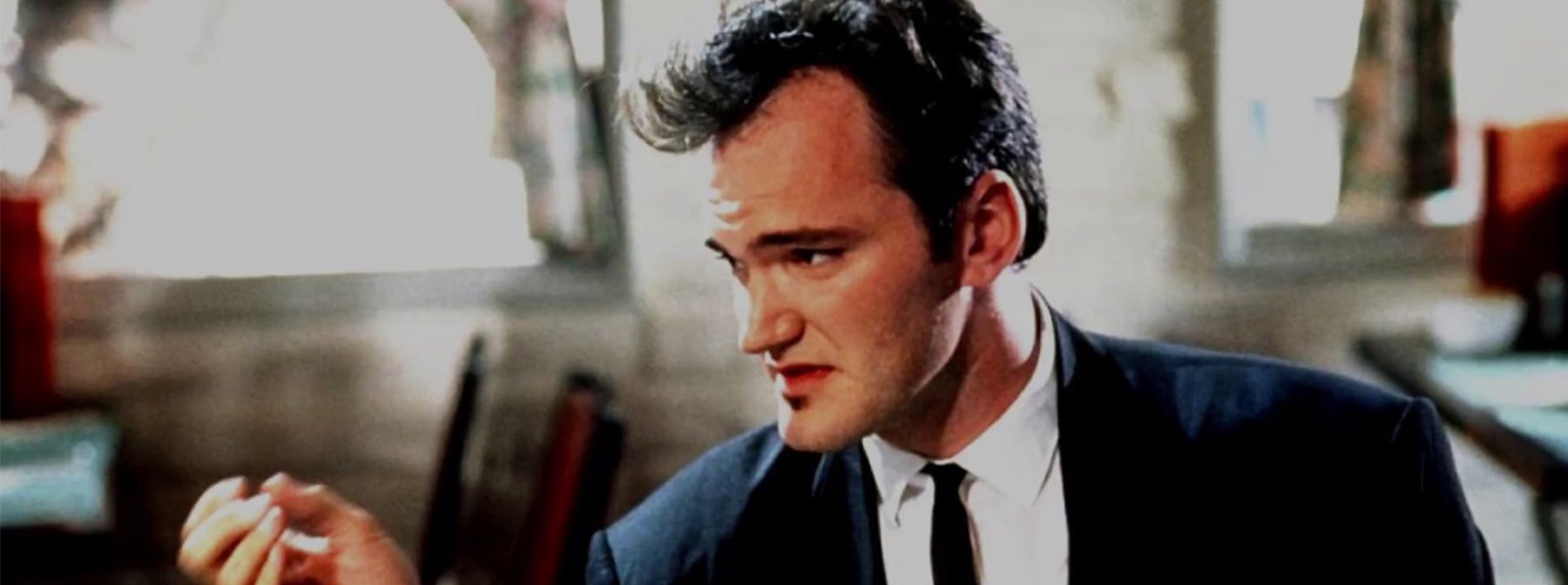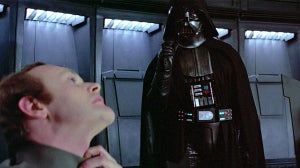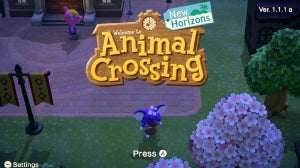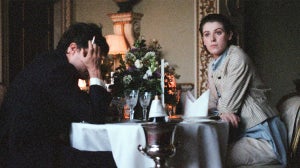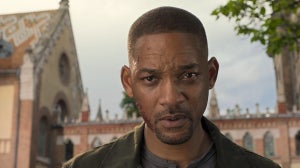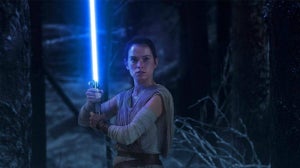
The director has claimed that retirement from filmmaking is on the horizon after his next film, The Movie Critic, which he claims will be his tenth (we disagree - Kill Bill is two films, Quentin!).
We don't know when that will arrive, as he's used his recent free time to launch a podcast, write a novel and a book of film criticism essays, and spend any remaining free time raising a family.
Luckily, we still have his back catalogue, one of the strongest of any director working today. Realistically, you could call any of his films his best, which makes ranking them a tough task for any movie fan.
10. Death Proof (2007)
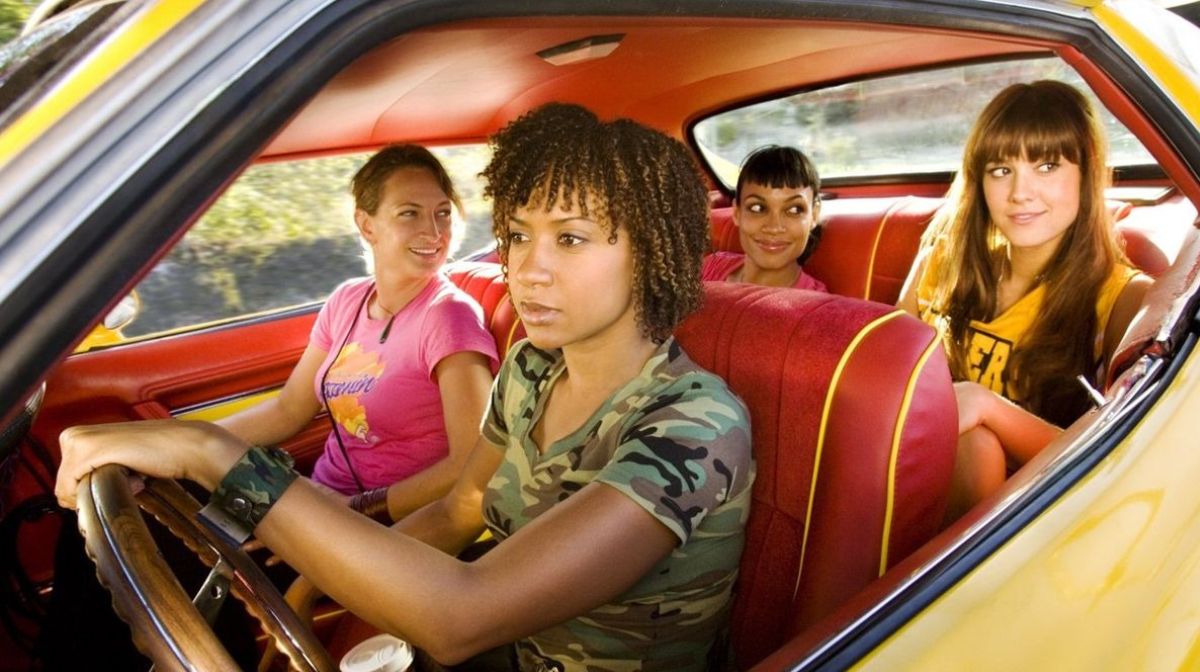
Initially released as part of the Grindhouse double feature alongside Robert Rodriguez' Planet Terror, Tarantino's tribute to 70s B-movies was a rare box office flop for the director. It's also the film of which he's the least fond, albeit not by much - he previously joked that it was "the worst movie" he's ever made, although "if that’s the worst I ever get, I’m good".
Whilst it has plenty of distinctively Tarantino touches throughout, right up to the director cameoing and directly quoting one of the most famous lines from Pulp Fiction, it is the one time where he has been more concerned with paying tribute to the movies he loved growing up than fashioning a unique movie using those influences as a jumping off point.
In short, it's a fun time at the movies - but placed next to his other films, it doesn't have the substance to go along with the genre-movie style.
9. Kill Bill Vol. 2 (2004)
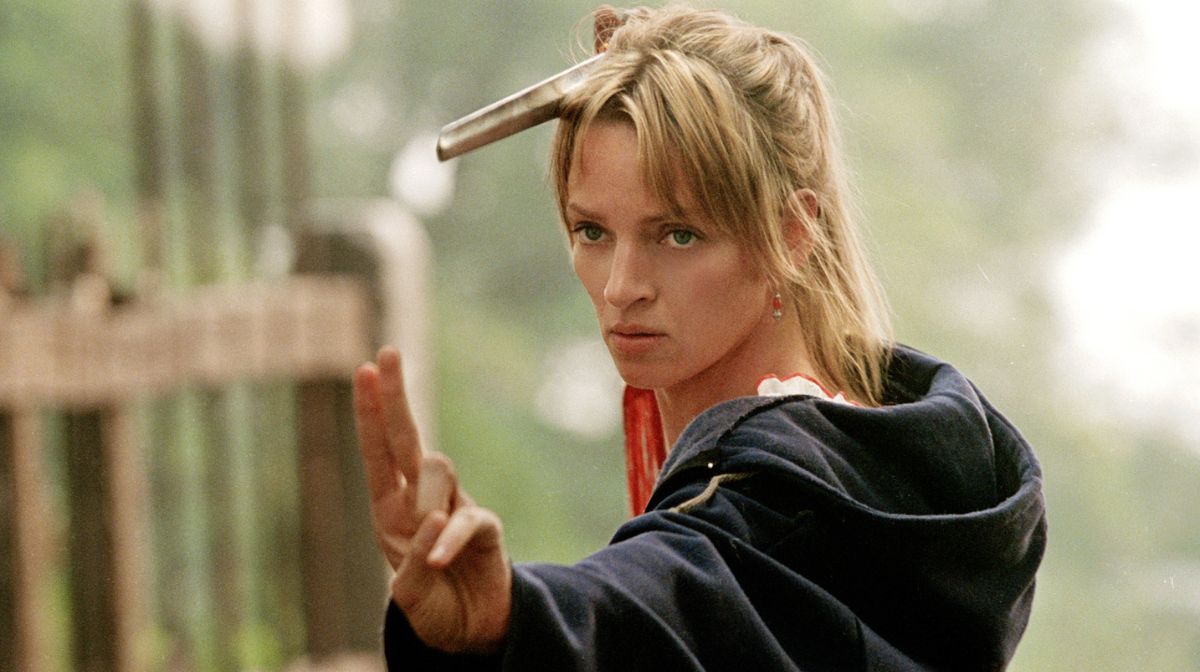
Originally shot as a single film which clocked in at nearly four hours, chopping the Kill Bill saga into two distinct films was a masterstroke decision by Tarantino. Can you imagine the sheer tonal whiplash if, halfway through, an Eastern samurai extravaganza suddenly transformed into a comparatively downbeat western?
The Bride's second outing is a much more solemn affair than the first, bringing the story ever-so-slightly down to Earth after several elaborately staged bloodbaths in Tokyo. But with this being Tarantino, a grounded affair still features characters getting buried alive, epic warrior training montages, and a final battle that delivers gore and catharsis in equal measure.
8. Reservoir Dogs (1992)
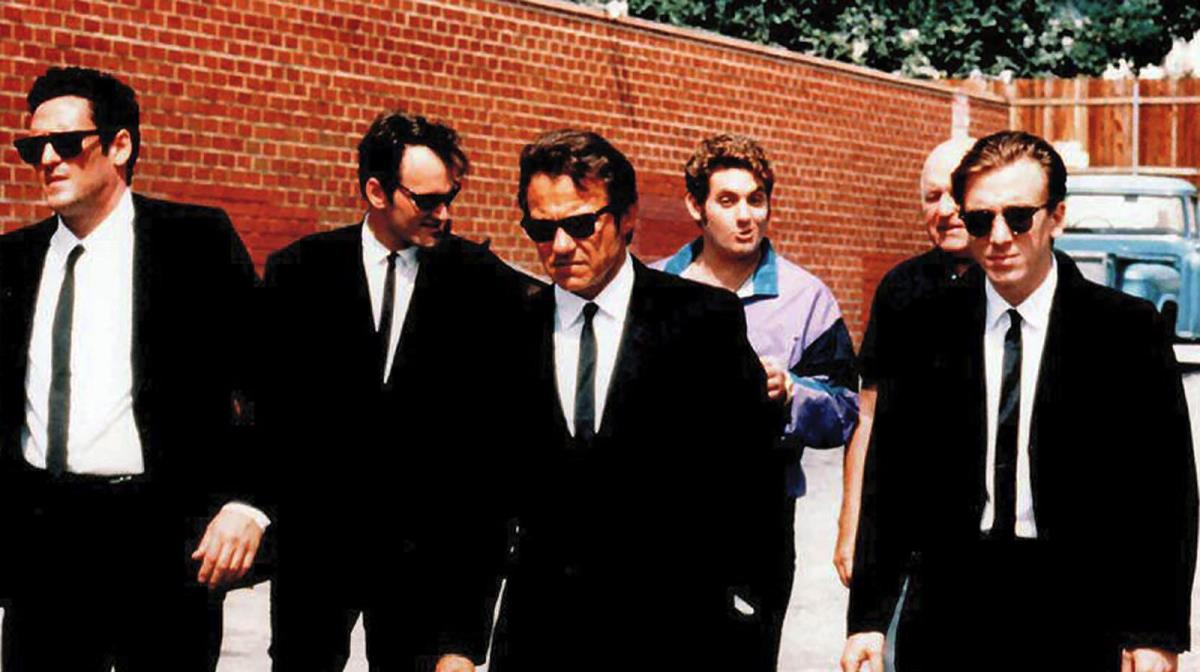
Many directors take their time to establish a distinct authorial voice, but not Tarantino, who emerged out of the gate with one of the most confident debuts of the nineties. From the opening seconds, all of the stylistic components that would define his work are there; the charged pop-culture conversations, the constantly self-dissecting non-linear narratives, and a healthy dose of ultraviolence.
But Reservoir Dogs is no trial run for more accomplished later work, still standing on its own two feet as one of the great heist films ever made - something even more laudable considering the heist itself is stubbornly kept offscreen.
7. The Hateful Eight (2015)
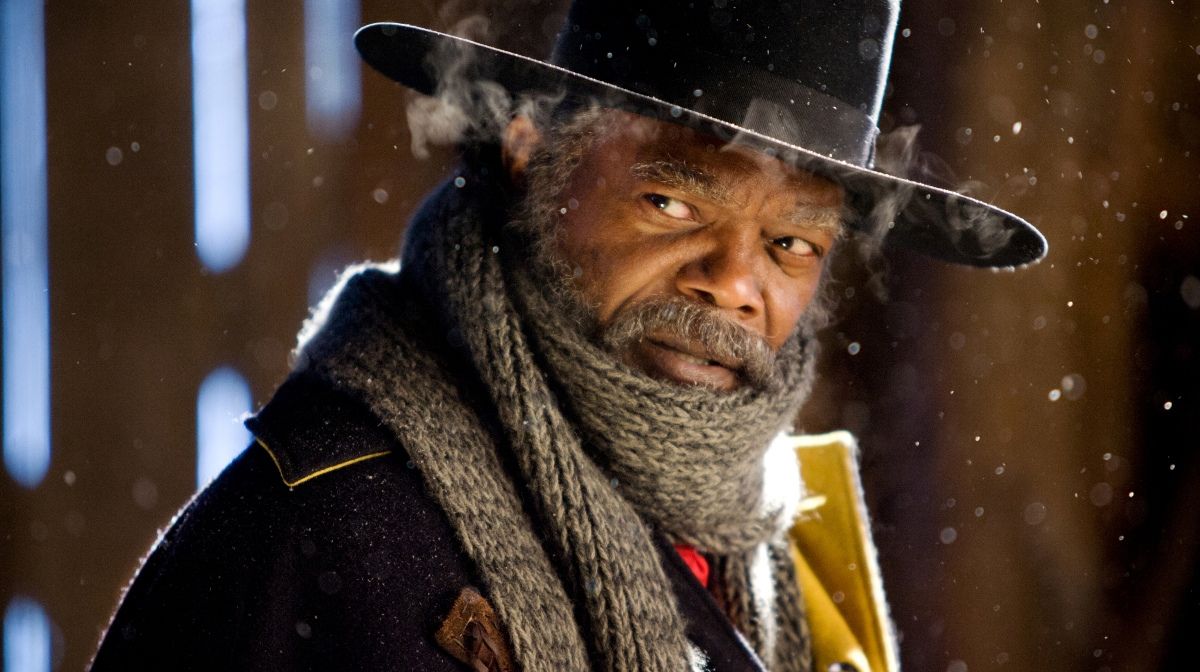
Although billed as his second western following Django Unchained, The Hateful Eight merely uses its period setting as a backdrop, allowing Tarantino to pivot into another genre perfectly suited to his sensibilities: the Agatha Christie-style murder mystery.
Largely confined to a single location, this riff on And Then There Were None strands an all-star cast of the director's regulars (from Kurt Russell to Samuel L. Jackson) in a cabin amidst a snowstorm, gradually ratcheting up the tension when it's revealed that at least one of them have sinister ulterior motives for being there.
With this being Tarantino, what sounds like a familiar genre exercise on paper transforms into something thrillingly unpredictable - it could even stake a claim for being his most viscerally violent film, too.
6. Django Unchained (2012)
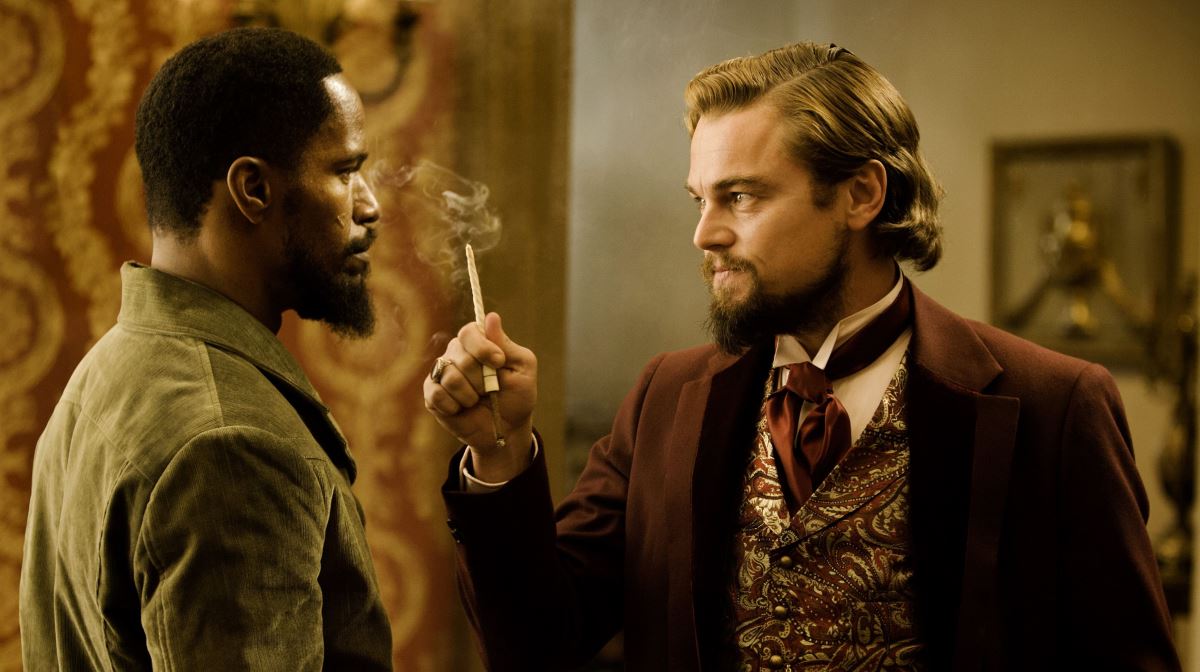
The second entry in a loose trilogy of historically revisionist tales, Django Unchained has the simplest elevator pitch in Tarantino's filmography: a freed slave teams up with a bounty hunter, setting out on a revenge mission to kill those who captured his wife, before reuniting with her. The end result proved every bit as controversial as you'd expect from that premise being placed into this writer-director's hands, but that wasn't enough to stop it from becoming his biggest ever box office success.
In hindsight, it's not hard to see why this became an unexpected crowd pleaser in spite of the divisive discourse. After decades of sending audiences sideways with unexpected character deaths and narrative left-turns, here was his rare effort with a linear story, a hero you could easily root for, and a plethora of boo-hiss villains you had no choice but to wish would meet their demise.
However, it's not entirely crowd pleasing; the less said about Tarantino's cameo, in which he sports a bizarre Australian accent, the better.
5. Once Upon A Time... In Hollywood (2019)
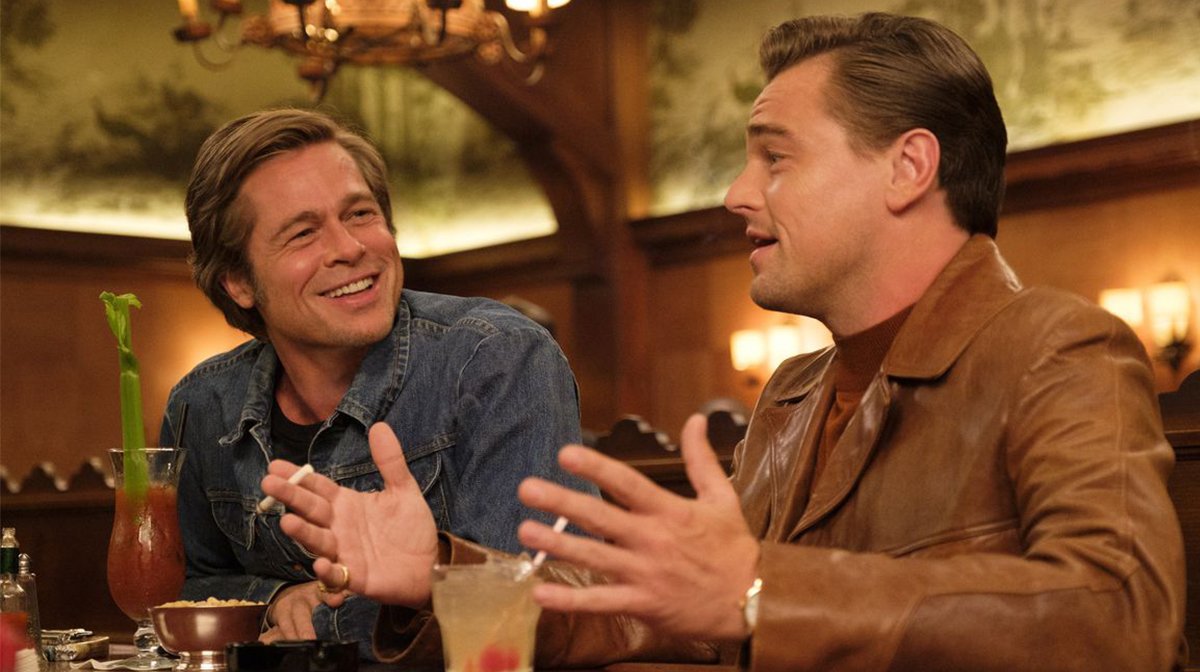
There was much anxiety surrounding the news that Tarantino would be making a movie surrounding the murder of Sharon Tate, one of the darkest chapters in Hollywood history. However, the director's most recent film turned out to be something much more melancholic - a character study of two struggling souls from a bygone era, and a star on the rise, bracing for a silver screen future we know she could never have.
After several tightly plotted films, Once Upon A Time... In Hollywood largely left narrative by the wayside, journeying through several pivotal days in the lives of three characters living in the town's margins, either on the cusp of fame or living off the fumes of former glories.
This being a Tarantino epic, it does mean that this veers into nightmarish black comedy and an eventual ultraviolent climax, but it was a completely different beast than we've come to expect from the filmmaker.
4. Pulp Fiction (1994)
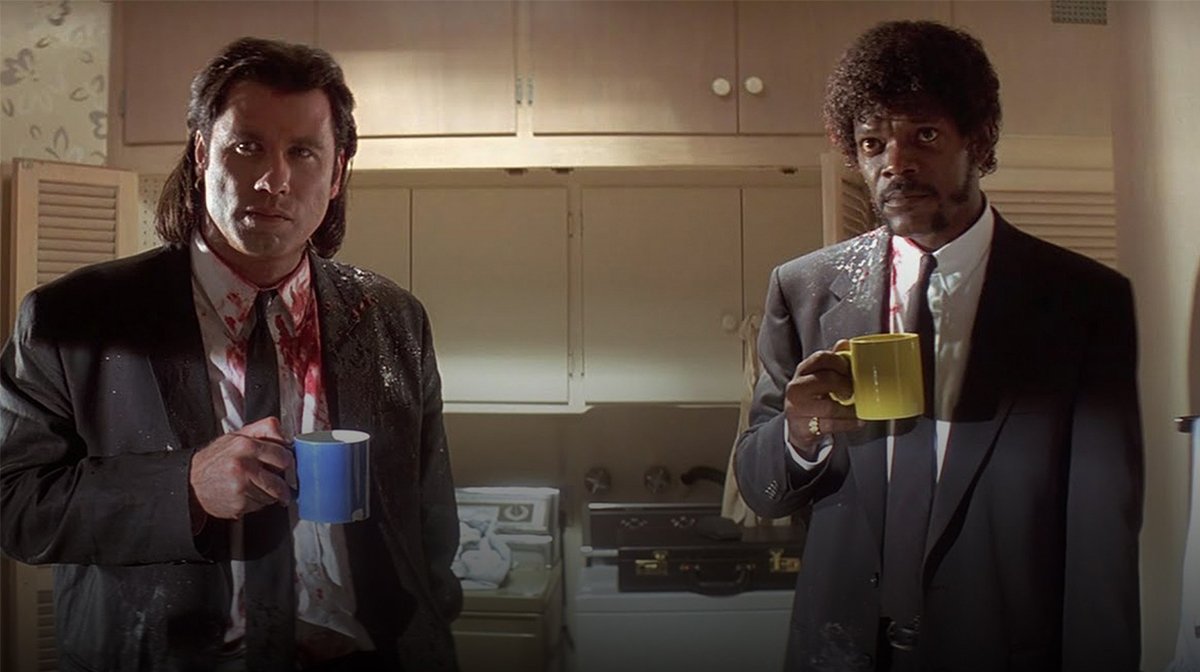
We said at the top that you could call any of Tarantino's films his career-best work, and we meant it. His iconic second film, the most culturally redefining film of the nineties, might be the typical go-to pick for his finest effort - but we think it's just one of several worthy of that title.
For a movie that felt revolutionary due to its violent series of interconnected, non-linear stories, it's quite impressive how much of a comfort movie Pulp Fiction has become for millions of film fans. But with iconic dialogue we can quote in our sleep, a flawless soundtrack, and the coolest performances each member of its ensemble ever gave, it's one that we will always find ourselves returning to.
3. Jackie Brown (1997)
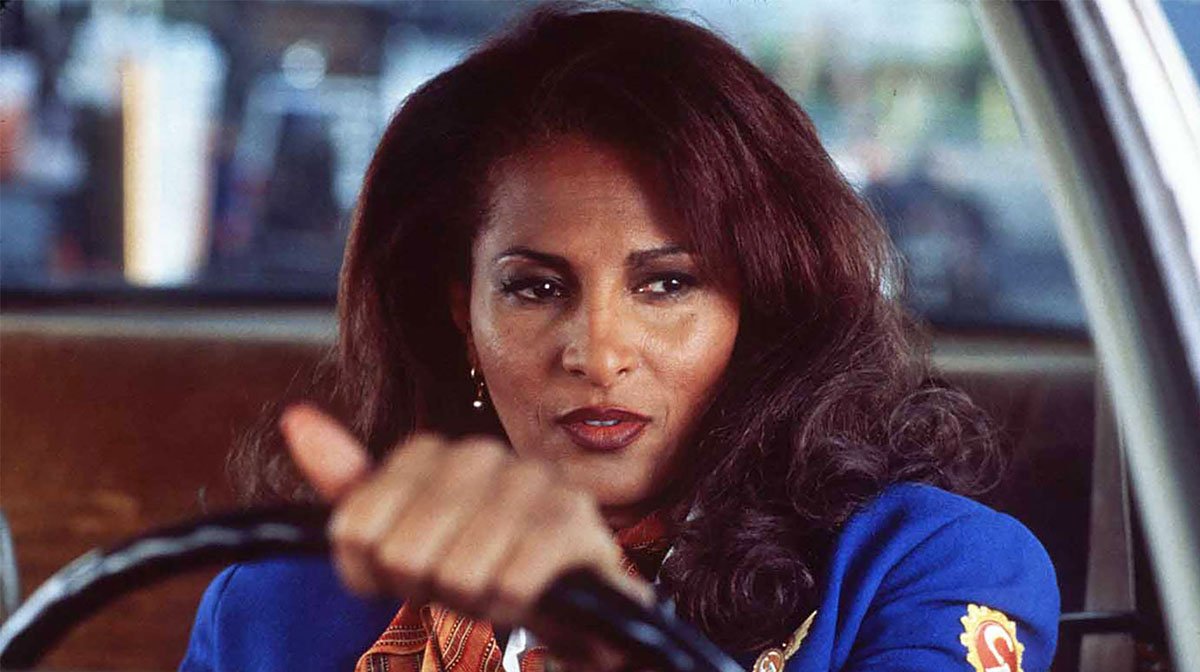
Three years after Pulp Fiction, and the director subverted expectations with his follow-up; a frequent pick amongst critics for his greatest film, that's regularly cited as his most "mature" effort.
This could largely be attributed to it being his only effort he adapted from other source material, loosely based on Elmore Leonard's novel Rum Punch. But even in comparison to that book, it's a grounded tale, as much a thoughtful rumination on aging as it is a complex crime saga, boasting a career best performance from Pam Grier.
2. Kill Bill: Vol. 1 (2003)
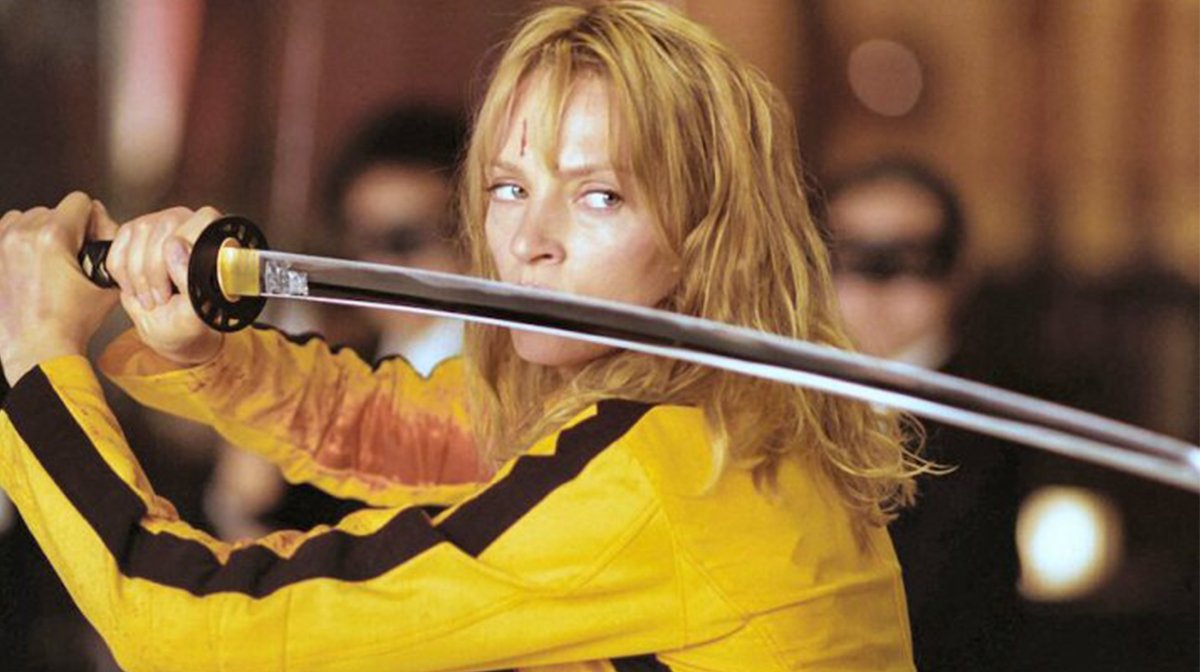
If Jackie Brown was Tarantino's most mature effort, then Kill Bill Vol. 1 was his most adolescent, which we mean as a compliment - riffing on everything from the bloody samurai movies he grew up loving to contemporary gorefests like Battle Royale, he delivered one of the most joyously chaotic action movies of the new Millennium.
It signaled a reinvention of sorts for the director, who up to this point was known primarily for his crime movies. Kill Bill showcased that he had more versatile talents which could translate into any genre, giving him the confidence to pivot into westerns, war movies and B-movie throwbacks in his subsequent efforts, all while maintaining his distinct artistic identity.
Inglourious Basterds (2009)
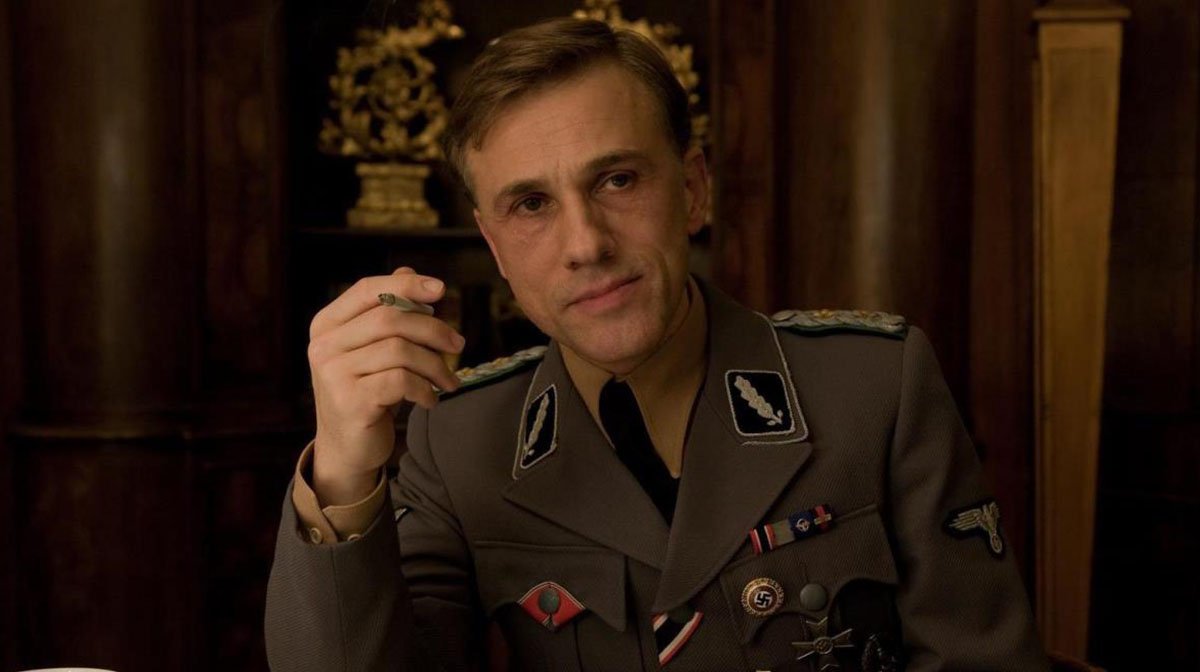
The opening chapter of a loose historical revisionism trilogy, Inglourious Basterds is one of the defining revenge epics in cinema - and the best war movie in which we never directly encounter the battlefield, so much as we find a new one within the unnerving streets of Nazi-occupied Paris.
From the opening scene, Basterds introduces itself as the director's tensest effort to date, with several set pieces (from that opening encounter, to the movie theater climax) amping up stress-levels so much that it's almost a relief when the bodies start piling up.
In its whip-smart, cine literate dialogue - just as indelible in several other languages - to its masterful dark comedy, near-perfect ensemble cast and succession of brutal sequences, it's the ultimate Tarantino movie. Bonus points for shooting Hitler in the face too.
For all things pop culture, follow us on Facebook, Instagram, Twitter and TikTok.

